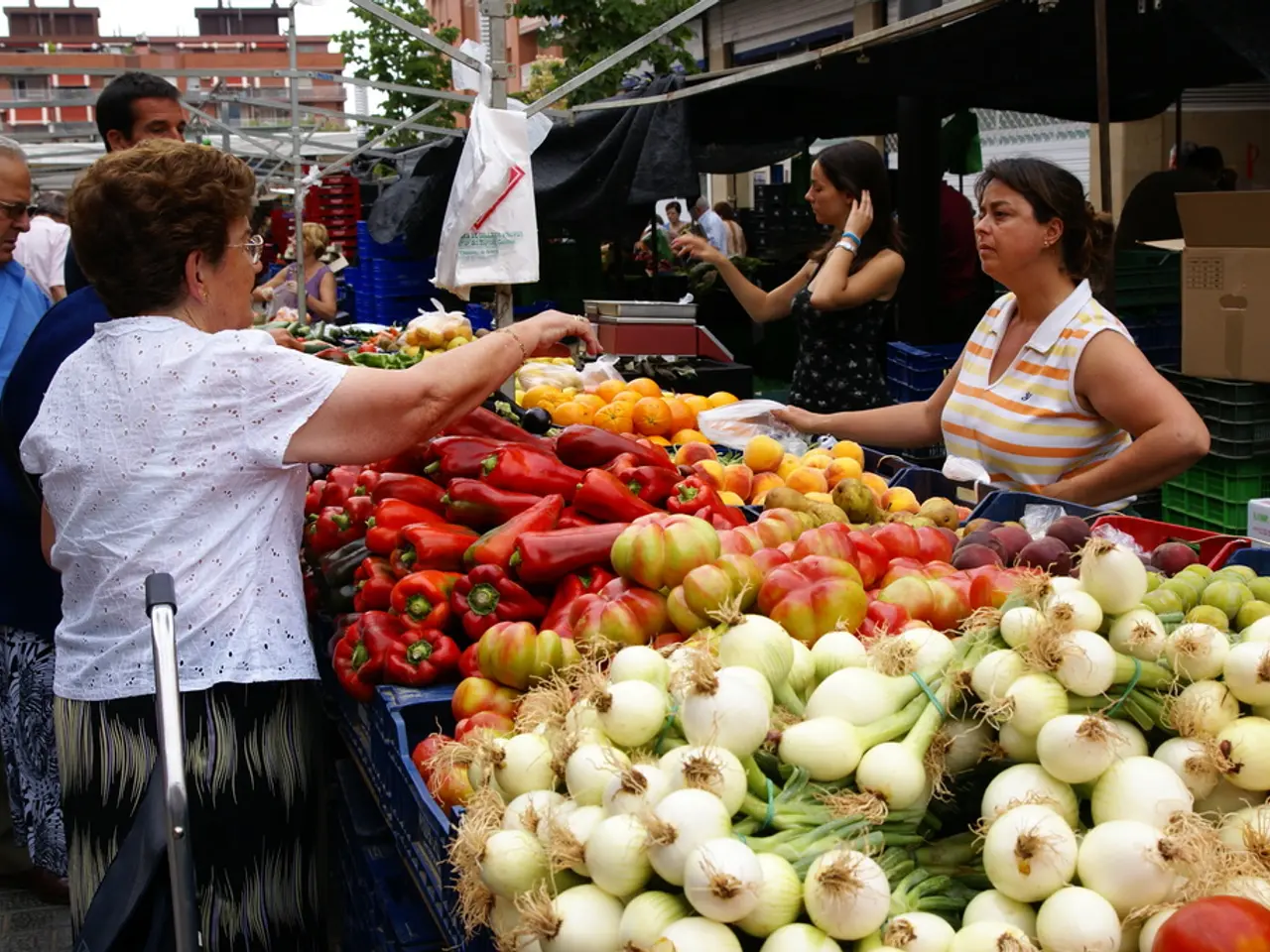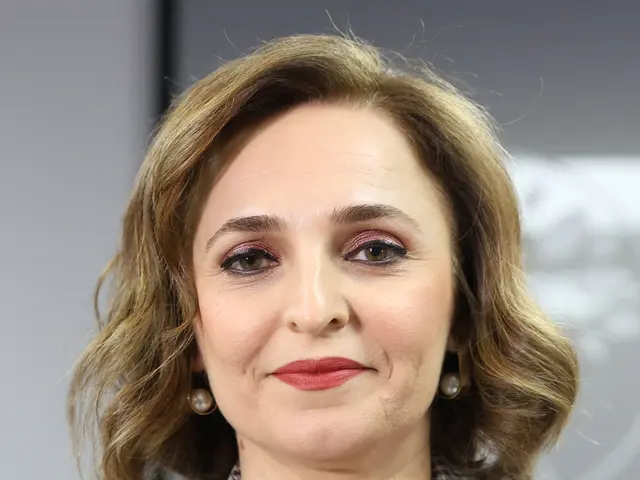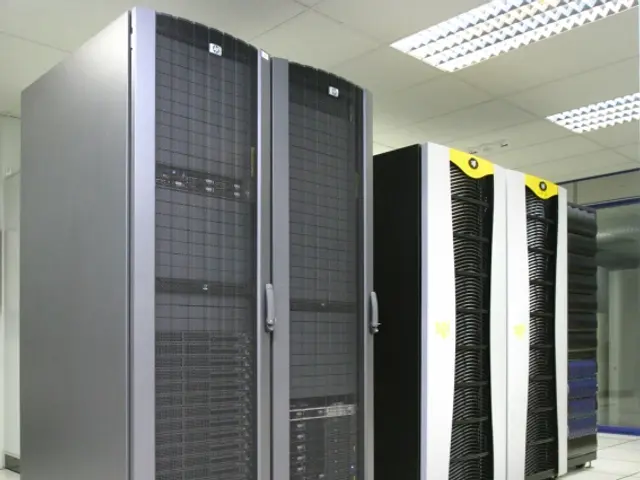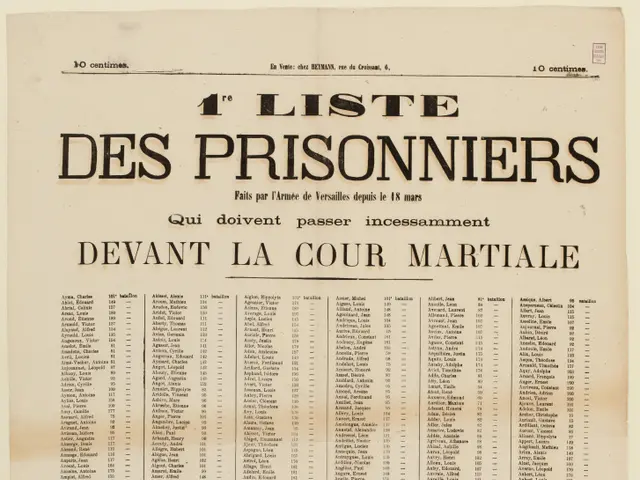International talks on plastic management: commencement of the concluding debate round
In the ongoing quest to address the global plastic pollution crisis, the United Nations negotiations for a comprehensive treaty have hit a roadblock. The latest round of talks, held in Geneva in August 2025, concluded without an agreement, highlighting the ongoing difficulties rather than progress.
German State Secretary Jochen Flasbarth, representing Germany in these negotiations, expressed optimism about the discussions. He emphasised that success is possible if all parties listen to each other and consider all interests.
The key points of contention in these negotiations include the phase-out of problematic plastic products, the regulation of hazardous chemicals, the establishment of standards for a circular economy, financing mechanisms, and the reduction of plastic production.
Despite six rounds of negotiations over three years, a binding global treaty to end plastic pollution remains elusive due to sharply divergent national interests and political conflicts. Significant resistance was observed from fossil fuel producing countries such as the U.S., Saudi Arabia, and Kuwait against mandatory limits or phase-outs on virgin plastic production and certain hazardous plastic products.
Disagreements persisted over the regulation of toxic additives linked to plastics, with some countries and industry-aligned states opposing strong controls on hazardous chemicals embedded in plastics. The treaty text proposals have failed to adequately address standards for circularity and managing plastic production and waste comprehensively.
Developing countries demanded robust financial support to manage plastic waste and shift away from plastics reliance, but wealthier nations were reluctant to commit sufficient funding for treaty implementation and transition needs. The issue of capping or reducing plastic production was a central and contentious point, with ambitious countries pushing for mandatory caps, yet blocked by petrochemical interests and fossil fuel states opposing any such limitations.
The negotiations have been described as stalled, with calls to reform the consensus decision-making process to overcome the blocking positions of petrochemical-aligned countries. The upcoming rounds of negotiations are expected to try again to reconcile these differences, but the path forward remains difficult.
It's important to note that over 170 countries are participating in these negotiations, with the goal of adopting a global accord to reduce plastic pollution. Standards for a circular economy and the regulation of hazardous chemicals contained in specific plastic products will be key topics of negotiation. Financing will also be a crucial aspect of the discussions, as developing countries seek robust support to manage plastic waste and transition away from reliance on plastics.
The draft for the UN's plastic treaty has been in the works since 2022, and the final round of talks was held in December 2022 in Busan, South Korea, where the negotiations failed. Despite this setback, delegates expressed interest in continuing negotiations, with many wanting to return to previous drafts as a starting point for future rounds.
As these negotiations continue, it's crucial for all parties to find common ground and work towards a comprehensive solution to the global plastic pollution crisis. The stakes are high, and the time for action is now.
References: [1] UN Environment Programme (2025). "UN Plastics Treaty Negotiations: August 2025 Update." [online] Available at: https://www.unep.org/news-and-stories/story/un-plastics-treaty-negotiations-august-2025-update
[2] Flasbarth, J. (2025). "Statement by German State Secretary Jochen Flasbarth on the UN Plastics Treaty Negotiations." [online] Available at: https://www.bmub.de/en/statement-by-german-state-secretary-jochen-flasbarth-on-the-un-plastics-treaty-negotiations-145300
[3] World Wildlife Fund (2025). "UN Plastics Treaty Negotiations: Key Takeaways from the August 2025 Round." [online] Available at: https://www.worldwildlife.org/news/un-plastics-treaty-negotiations-key-takeaways-from-the-august-2025-round
[4] Greenpeace International (2025). "UN Plastics Treaty Negotiations: A Step Backwards in the Fight Against Plastic Pollution." [online] Available at: https://www.greenpeace.org/international/en/news/UN-Plastics-Treaty-Negotiations-A-Step-Backwards-in-the-Fight-Against-Plastic-Pollution/
Read also:
- Heavy rain causes flash floods in Hyderabad, resulting in severe waterlogging and disruptions to city life during a heavy downpour.
- Unpleasant nights plague city dwellers due to intense heatwave conditions
- Water shortage persists on Big Island
- Italy faces record-breaking heatwave, resulting in tragic loss of a child, while wildfires rampage across the region








